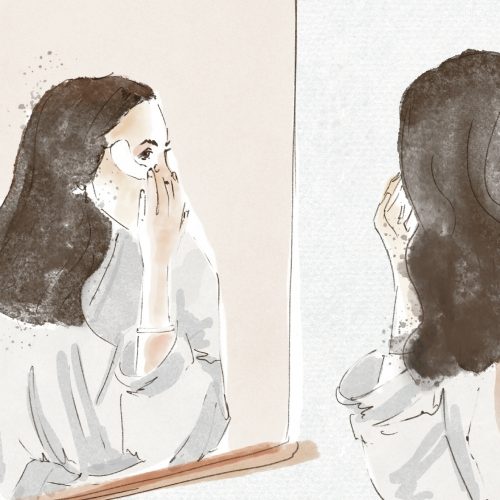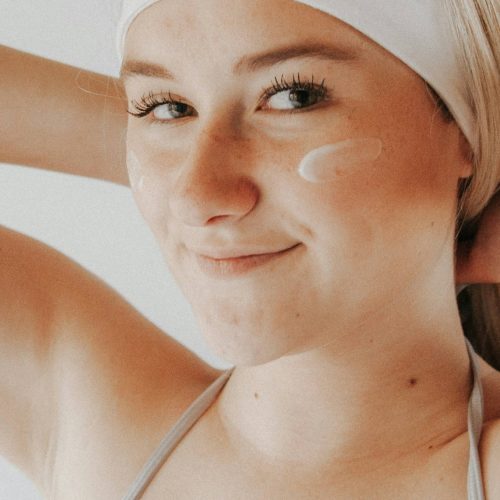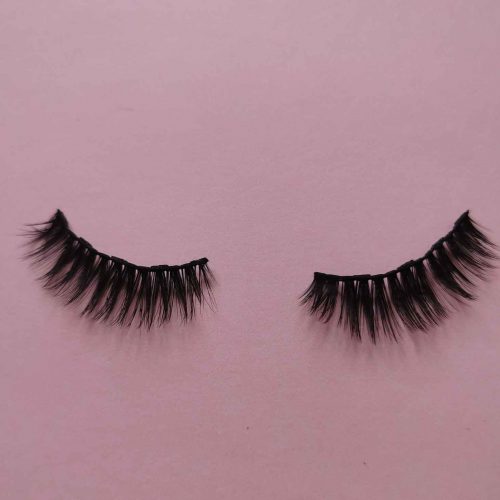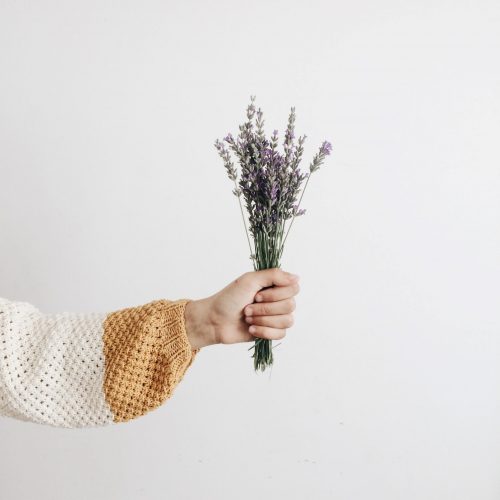Should You Really Go Paraben-Free?
With Covid-19’s ongoing presence in our lives, concerns about viruses and other microbes have been at the forefront of everyone’s minds. The constant refrain of stop touching your face and wash your hands became the unofficial anthem of 2020. But alongside all of these fears and the resulting changes in our habits, there has also been a simultaneous, paradoxical upward trend in the demonisation of the cosmetic world’s antimicrobial powerhouses—parabens.
That’s right—those “toxic” unwanted chemicals at the top of every clean beauty brand and certifier’s “no-no” ingredients lists actually play a very important role in keeping us safe: they stop our makeup, skincare, body care, haircare and all other personal care products from growing bacteria, yeast and fungus.
But nowadays, hundreds of products boast about being paraben-free, often displaying this information proudly on their packaging. So, what happened to parabens? How did something that keeps us safe turn into public enemy number one, and do they really deserve that title or are they simply misunderstood?
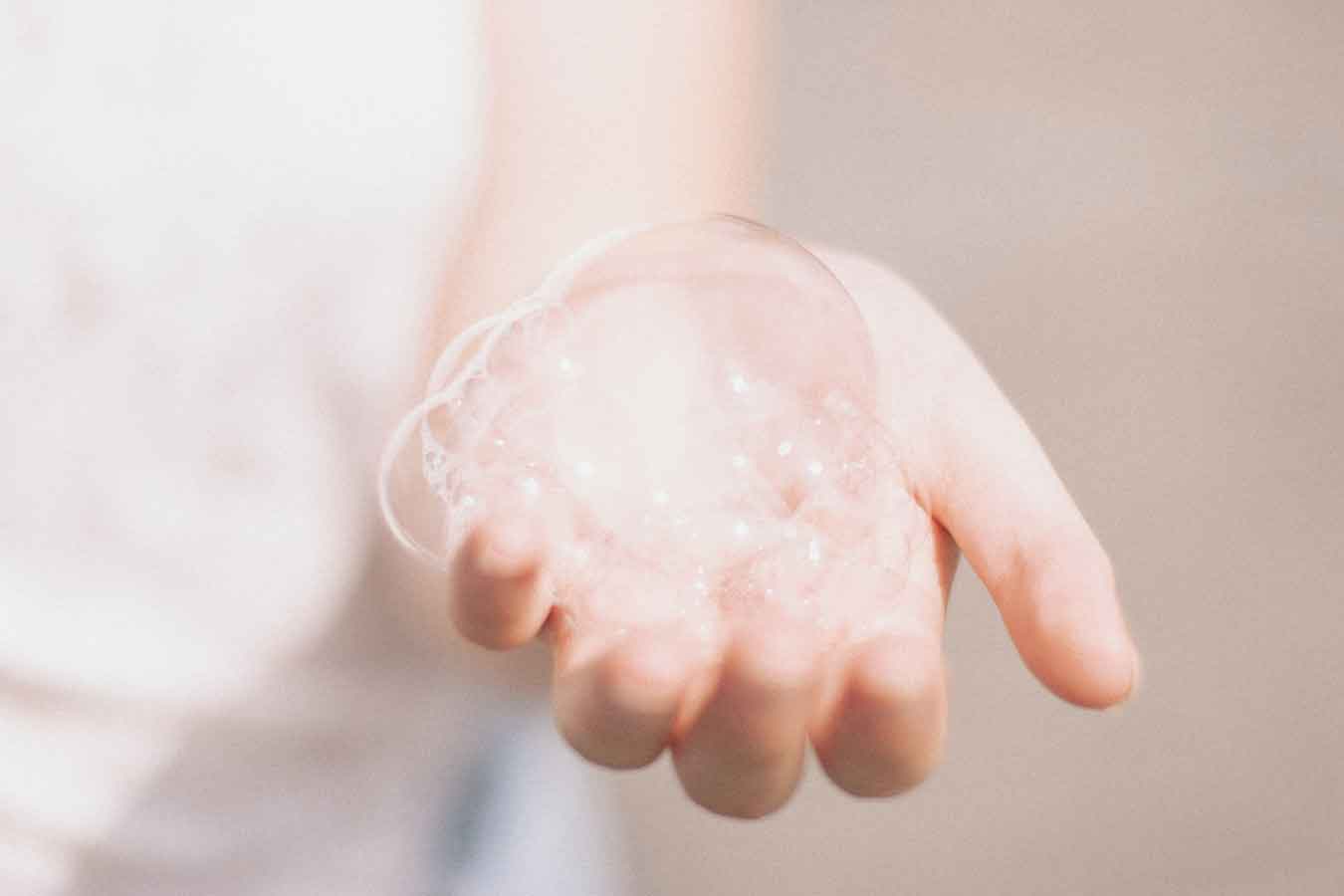
THE HISTORY OF PARABENS
Parabens have been commercially used in the cosmetics industry as preservatives since the 1950s, and up until 2004, no one really had a problem with them. But then came Dr. Philippa Darbre’s seminal study that made allusions to a link between parabens and breast cancer. In short, parabens were found in the cancerous breast tissue of 19 out of 20 study participants. And even though that study has since been heavily criticised for its small sample size and, more importantly, for lacking a comparison between cancerous tissue and a control of healthy tissue, the fate of parabens was nearly immediately sealed.
As if that wasn’t enough, studies have also shown that once parabens are absorbed through the skin into the body, they are able to mimic oestrogen and may therefore play a role in breast cancer development as well as in other oestrogen-related problems like reproductive complications. However, once again in defense of parabens, further research has since determined that parabens’ oestrogen-like effects are 10,000 to 100,000 times weaker than that of oestrogen itself, making it highly unlikely for the parabens found in personal care products to be playing a significant role in the development of these issues. But, as with any story dealing with cancer risks, no matter how marginal or tenuous those risks might be, the news about parabens spread like wildfire and took on a life of its own, ultimately leading to the increasingly paraben-free world we live in today.
THE POWER OF MARKETING
Organisations from multiple different nations have tested the safety profile of parabens extensively over the years—how could they not with cancer claims repeatedly being referred to, year after year? But parabens, at the agreed upon maximum combined concentration of 0.8% per personal care product (in the EU, US and Canada), have always been deemed safe to use, time and time again. Alain Ménard of Canadian natural skincare company Green Beaver, believes that “in the next 10 years, parabens will be phased out […] not so much because of conclusive evidence as consumer demand.” Green Beaver, along with many other skincare companies—including ones that do not even purport to be “all natural”—have begun distancing themselves from parabens, not necessarily because they believe that they are actually harmful, but rather because public perception surrounding them is so poor. In fact, all of the negative attention on parabens is largely what prompted the European Cosmetics Regulation in 2018 to begin prohibiting the use of “free from” claims on unauthorised personal care products because they were damaging the reputations of brands and products that didn’t carry them. The US-based fragrance company Clean Beauty Collective went so far as to reformulate their paraben-containing products in 2014, just to be able to meet consumer demand. Company president, Greg Black, sums up the dilemma: “It’s unfortunate [we can’t use parabens] because there’s a stigma, but we want to make sure consumers feel safe when using our products […] I understand the irony of it all; we know it’s not harmful even though we have decided to formulate without them. But it’s hard to debunk the myth to a consumer on the back of your packaging.”
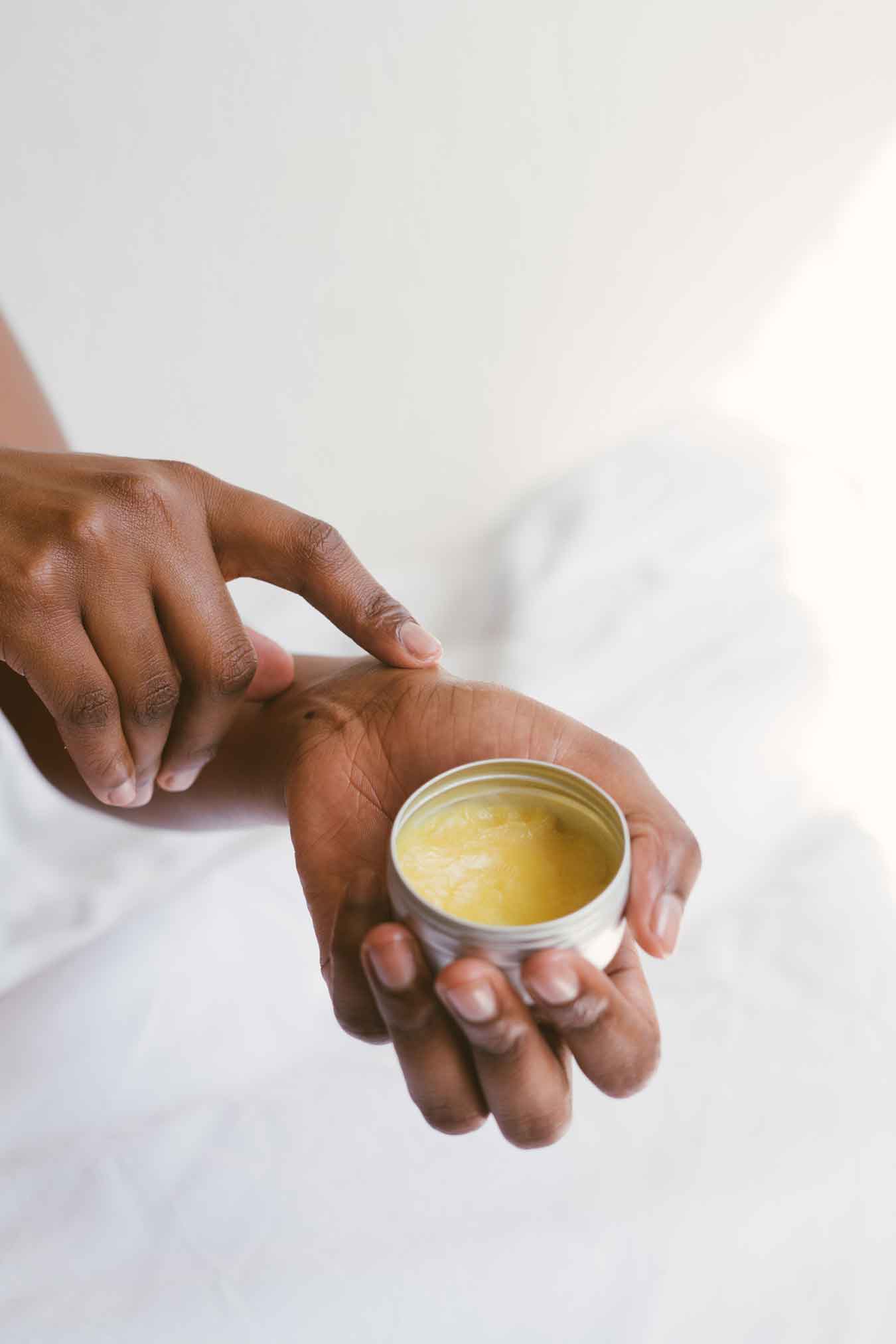
THE SUSTAINABILITY PERSPECTIVE
Ultimately, it is up to you to decide what you put on your body. But, if you’re still undecided, it helps to consider things from a waste-prevention perspective.
Consider paraben-preserved for:
- Products that you tend to hold on to for longer due to less frequent use like face masks and hair treatments.
- Products that require you to dip your fingers into them like face creams and lip balms.
- Products that do not stay in contact with your skin for very long like body scrubs and washes.
Parabens are extremely effective at keeping microbes at bay, giving products a much longer shelf life than they would otherwise have. This way, you don’t have to worry about creating excess waste by throwing away products that you are unable to finish before expiration. Parabens could also save you from a nasty skin or eye infection caused by a contaminated product, resulting in the additional product use and waste associated with treatment, not to mention discomfort and inconvenience.
Consider paraben-free for:
- Products you use the most often.
- Products that you are certain to finish by their expiry date. Tip: the symbol that looks like a small jar with a number in the centre indicates how many months a product is good for after opening.
- Products that stay on your body for a longer period of time.
Once again, there is no scientific evidence that parabens as used in personal care products cause health problems, but going paraben-free for these higher-use items will limit your cumulative exposure over time, just in case. Remember though that just because a product is paraben-free, does not automatically mean that it is also free of other synthetic or potentially harmful substances—use of “free from” claims is actually a common greenwashing tactic. So, no matter what labels appear on a product, always read through the ingredients lists to make sure everything adds up and aligns with your values.
As with many things in life, moderation here is key. We hope that this roadmap leading you from former and current scientific evidence to sustainable product usage habits and your own personal level of comfort has helped make the decision of how to incorporate parabens into your life a little less daunting.

+ Words: Dorice Lee, Luxiders Magazine Contributor
IG: @doricelee

